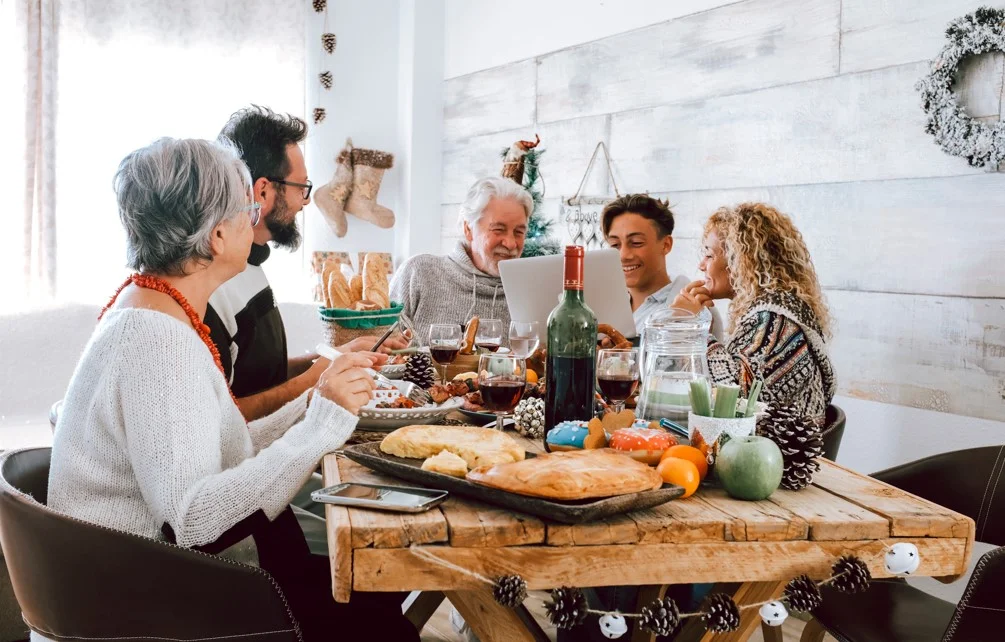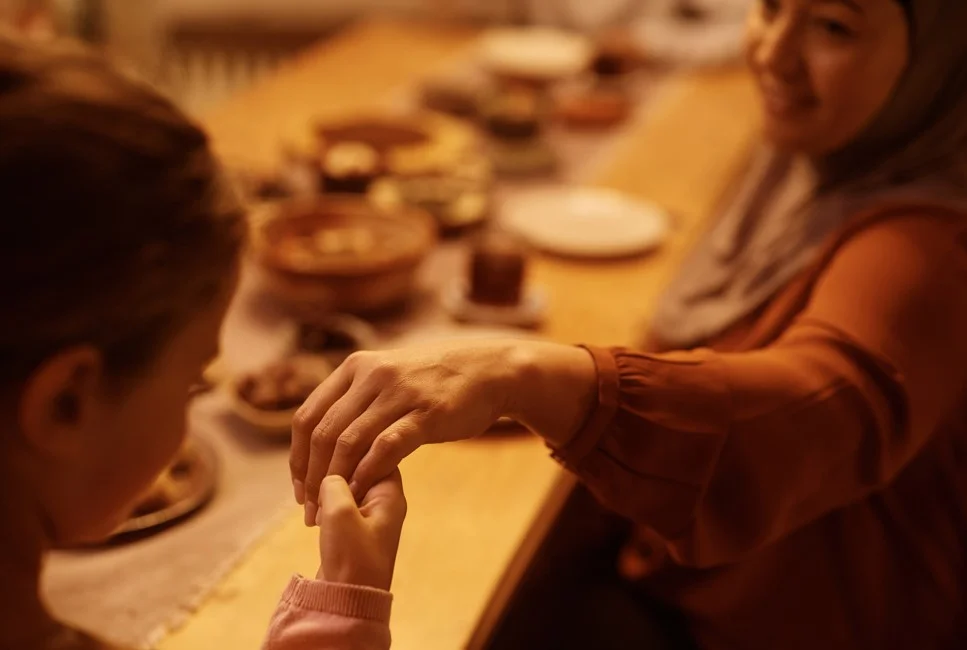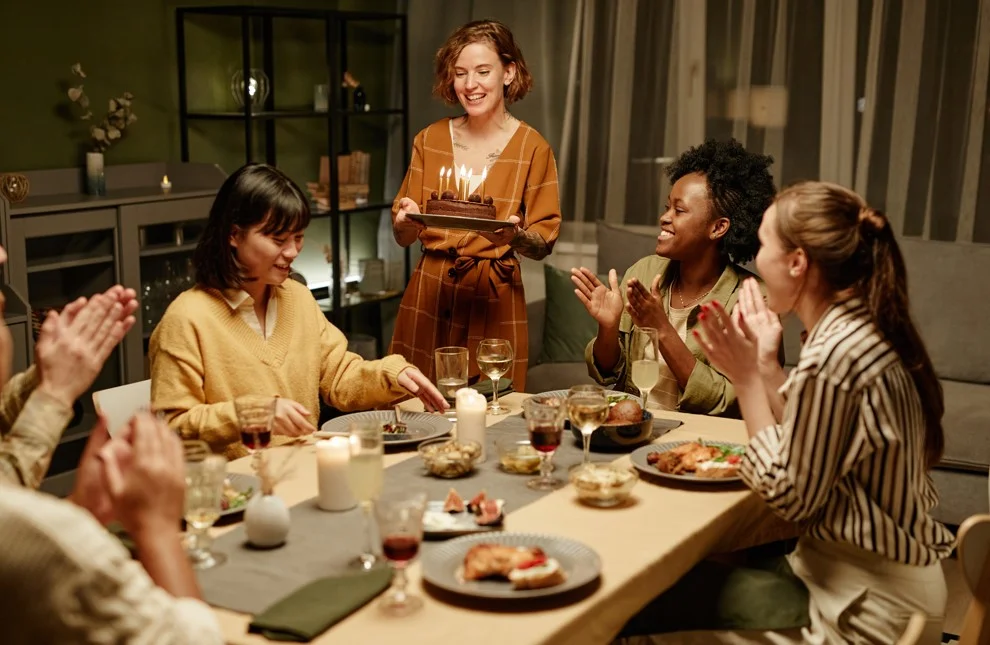Moving into your newly bought dream house and lot for sale in Cabuyao, Laguna, there is still the sudden homesickness. So, how can a healthy home be built? The connections among family members, the ambiance of the home, and how the home is run are the three main factors in creating a pleasant home life.
A family grows together when its members uphold the same morals and ideals. The family’s common sense of purpose is built on the home, which also serves as a platform for each individual to pursue their own aspirations. Families spend late nights chatting candidly about the issues that are on their minds in these homes. Children swarm the grandparents as they tell tales. Teenagers discuss important topics with their friends and their parents. Not just on holidays, the entire family gathers together for hours of singing, playing, and sharing memories.
The house comes to life and becomes a source of vitality, optimism, urgency, and love. The life inside a house — family life — makes it peaceful, not the quiet outside.
The emotional and spiritual warmth of a house is its ultimate beauty. There are various methods to invite God into your home and make it more beautiful spiritually.
Family Structure

The Filipino population is renowned for having close-knit families. Even though the nuclear family may be the fundamental unit of the family, the Filipino family can span up to three generations. A Filipino family is typically made up of more people than only the parents and their kids. The majority of grandparents share a home with one of their children and that child’s kids. Even when both parents are working, they assist in raising the grandchildren.
It is also common for extended families to live close to each other. It is not unusual to find first cousins, second cousins, and even third cousins living in a neighborhood. And they all come together during large celebrations. They also come during bad times like when mourning over the loss of someone or when someone’s confined to bed due to sickness. They provide emotional, financial, and spiritual support and won’t hesitate to help take care of the sick or help cook and wash dishes during parties.
It’s typical to see three generations residing in one Filipino home; that’s why some families look for a much larger space to live in, like a house and lot for sale in Cabuyao, Laguna. Grandparents frequently take on a significant role in rearing their grandkids. Extended families frequently reside close to one another and meet together for significant holidays. In the Philippines, it’s typical for some family members to spend the weekends at home after spending the week in a big city for a job or school.
Family Relationships

Filipinos will go to any lengths for their family if there is one item for which they will do so. They would do anything to ensure the welfare, comfort, and safety of their families. They always think they can overcome anything they are facing as long as their family is behind them because it is their strongest foundation. For the sake of the family, they may even put up with the difficulties of working outside the Philippines and being apart from them. Ironic as it may seem, that is Filipino culture.
Filipinos are renowned for having solid and intimate ties to their families. They hold their family in the highest regard and prioritize them above all else. They put in a full day’s work and take all possible steps to support and feed their family. In some nations, a person can live independently of their family after turning 18. In the Philippines, people respect their families so highly that they maintain them over time.
Respecting Family Members is One of the Key Elements for Healthy Family Relationships

Starting at a young age, Filipinos are taught to respect those who are older than them. Respect often goes beyond. Younger children show this by addressing people who are older than them with the proper titles of lolo and lola (grandfather and grandmother), tito and tita (uncle and aunt), and kuya and ate (brother and sister but can also be used for any older man and woman). Those who are younger are expected to obey the older ones as a sign of respect. Talking back to elders is prohibited in most Filipino households as well. This simple way of showing respect creates positive family relationships and strong families.
When a family member is too old to survive on their own or gets sick or bedridden, family members are expected to look after them. Moving them to a senior care facility is not the norm and abandoning them on their own is frowned on.
Treating Everyone Like Family

In fact, Filipinos frequently utilize language that emphasizes the value of family to the point that it is hardly evident to outsiders. While Americans generally address strangers as “sir” and “madam,” Filipinos occasionally use “kuya” and “ate,” which translate to “elder brother” and “older sister,” respectively. These include but are not limited to, their extended family members, but also their neighborhood barista, or even a passerby they wish to catch their eye. When speaking to someone they intimately know, Filipinos refer to the parents of their friends as “uncle” and “aunt” by the terms “tito” and “tita,” respectively. Although it may appear strange to visitors to hear them refer to people who are not members of their family as a family, all Filipinos do this naturally, demonstrating how deeply ingrained familial ties are in their society.
Filipinos get along with a variety of individuals. They are adaptable and can adapt to any circumstance. This quality promotes kindness, collaboration, and helpful actions. When their neighbors are in need, they will do anything they can to assist them. Additionally, they help one another rather than allow their family members to struggle through difficult times alone.
The most well-known characteristic of Filipinos is their warmth and hospitality. When there are visitors at home, a lot of effort is put into providing enjoyable activities and lodging so that everyone feels comfortable and enjoys their stay. You can anticipate takeout following a gathering at home when there will be a lot of food.
Love for God and Family/Love and Happiness

In a Filipino family, one of the ways that our parents demonstrate their love for us is by cooking for us. Additionally, Filipinos always manage to grin and be happy, regardless of the circumstances. We are constantly reminded that no matter what, our family is always there to love and support us.
One of the distinctive cultural values of Filipinos is having close familial ties. They regard their family so much that they work and make great sacrifices for it. Sentimental. Devout. As warm as their sunshine is the Filipinos’ hearts. It’s the kind of light that shines on the country through times of adversity and crisis; the light that has faith in the Almighty and thinks that He is the source of the strength of the country. This is rooted in the Filipino’s deep religious beliefs which is what brings Filipino families together. A distinct national identity that is clearly Filipino and genuinely Christian is one that is compassionate, brave, and God-loving.
Related Blog: Importance of Spending Quality Time with Your Children


